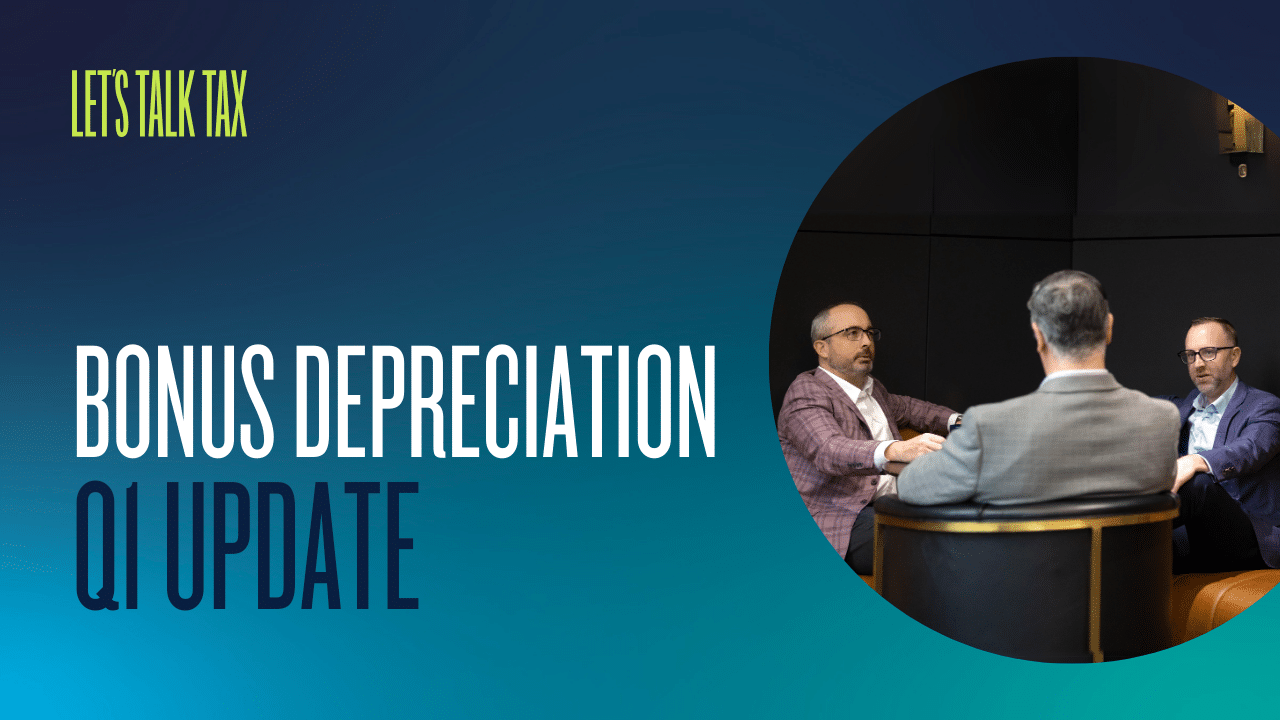Triple Your Property Tax Savings in Georgia
Appealing your property taxes can be a foreign concept to many taxpayers. It involves specialized rules, tax laws, different approaches to valuation, negotiations with government officials, and presenting evidence at a public hearing. While many taxpayers do not have the time and the expertise to undergo a property tax appeal, there is a substantial benefit to an appeal besides the potential to lower your current year’s tax burden.
Under the Georgia Property Tax Code Section 48-5-299(c), a lock is placed on the assessed value of properties that are appealed. This means that the value determined during the appeal process remains unchanged for three years, regardless of whether the appeal results in a lower value or not. This locked value applies for the current year and the two following years, in most cases. Essentially, the locked value can triple the tax savings of a successful appeal, allowing taxpayers to plan and budget for their future property tax expenses.
What if the property’s market values go down in future years? Wouldn’t the lock hurt taxpayers in those circumstances? No, it would not. The lock only applies to the assessor’s ability to raise values, not the taxpayer’s ability to appeal. For example, if a property with an assessor-generated value of $15 million in 2024 is successfully lowered on appeal to $12 million, the $12 million would be locked in for 2025 and 2026.
However, if, in 2025, market evidence suggests a market decline to a $10 million value, the taxpayer can and should appeal the already locked $12 million in 2025. Appealing a locked value has the effect of “breaking the lock,” and a new three-year lock is established. In our example, if the taxpayer is successful in their tax appeal and the value is lowered to $10,000,000 in 2025, that value will now be locked in for 2026 and 2027.
As mentioned earlier, the lock on the assessed value typically lasts for three years. However, there are exceptions to this rule.
The three most common exceptions are:
- appealing a locked value,
- selling the property,
- making a significant change to the property, such as adding square footage.
It’s important to note that the taxpayer determines these exceptions, meaning that the removal of a property tax value lock is largely within the taxpayer’s control.
Appealing property assessments in Georgia can be an effective way to boost cash flow, enhance budgeting ability, and help control what is often a mysterious tax process. Contact McGuire Sponsel’s Property Tax Services team with questions about the Georgia appeal process and timeline.
As Principal for McGuire Sponsel’s Property Tax practice, Ken Zdrok manages real property assessment review and appeals, personal property assessment review and appeals, pre-acquisition advising, and acquisition price allocation consulting.
Recent Resources
-
Fixed Asset ServicesJune 19, 2024
Tax And Other Considerations: Commercial-To-Multifamily Conversions
by Dave McGuireIn his latest piece in Forbes, Dave McGuire discusses the rising office vacancy rates since the pandemic, leading to economic...
-
Fixed Asset ServicesApril 30, 2024
Cost Segregation and Asset-based Acquisitions
by Austin BrownA cost segregation study can be an extremely beneficial tax planning tool; however, it is often an afterthought rather than...
-
Fixed Asset ServicesApril 22, 2024
Understanding the Georgia Property Tax Appeal Process
by Ken Zdrok, Esq.In Georgia, all real estate is taxable unless specifically exempted by law. Real estate includes land, buildings, improvements to land,...
-
Alliance NetworkApril 18, 2024
Bonus Depreciation Q1 Update
by Justin Gephart & Dave McGuireThis week on Let’s Talk Tax, hosts Justin Gephart and Dave McGuire discuss the latest on bonus depreciation and break...




